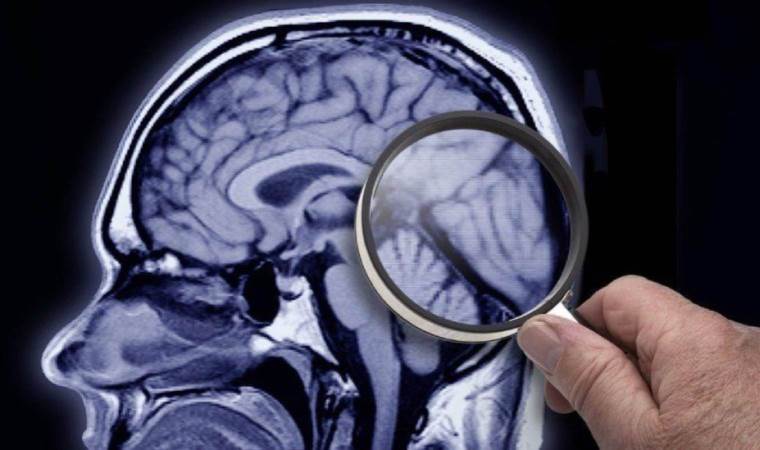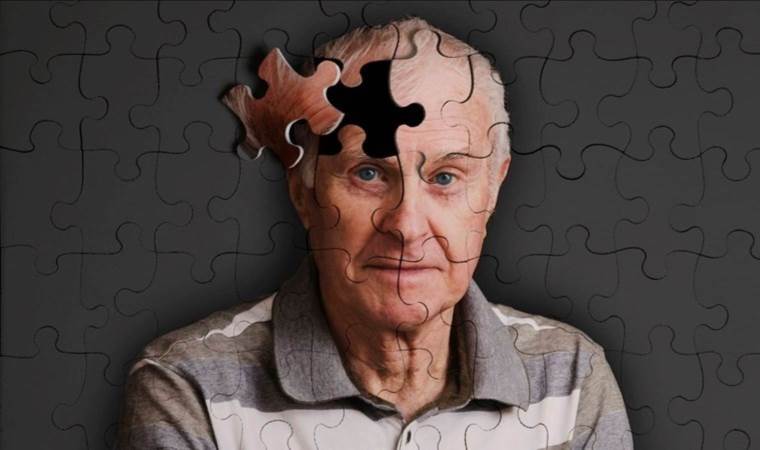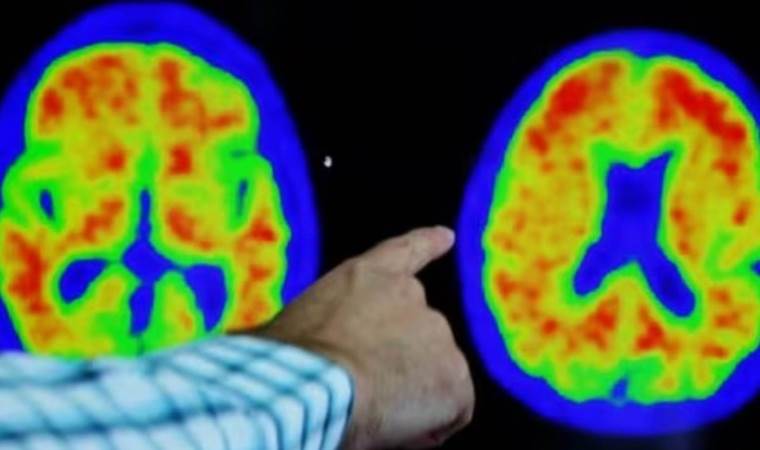Dementia and Alzheimer's: Symptoms and treatments
In England, trials are underway to determine if blood tests can detect Alzheimer's disease and other forms of dementia at an earlier stage. The goal is to enable more people to access care, support, and new drug treatments sooner.

According to the Alzheimer's Society in England, 55 million people worldwide are currently living with dementia, with projections suggesting this number could rise to 139 million by 2050.
Are Dementia and Alzheimer's the Same?
Dementia represents a symptom found in several brain diseases, characterized by memory loss, especially of recent events. Other symptoms include changes in behavior, mood, and personality; disorientation in familiar places; or difficulty finding the right words. This can progress to a stage where individuals may not be aware of their basic needs, such as eating and drinking.
Alzheimer's disease is the most common cause of dementia, with other types including vascular dementia (caused by issues with blood circulation in the brain), dementia with Lewy bodies (accumulation of Lewy bodies inside nerve cells), frontotemporal dementia (degeneration of nerve cells in the frontal and/or temporal lobes), Parkinson's disease dementia, amyotrophic lateral sclerosis (ALS or motor neuron disease), and the newly identified LATE (accumulation of TDP-43 protein in brain cells).
Early Signs of Alzheimer's
Early symptoms of Alzheimer's often include memory loss, such as forgetting recent conversations, misplacing items, forgetting names, or asking the same question repeatedly. There may also be increased anxiety or confusion.
Is Alzheimer's a disease of the elderly?
Primarily, Alzheimer's is considered an age-related disease, affecting one in six people over the age of 80. Early-onset Alzheimer's is relatively rare, with 5% of cases occurring in individuals under 65. A very small number of people can be affected in their 30s and 40s, with the only known risk factor being a family history of early-onset disease. Currently, there is no known way to prevent the disease.
Can Dementia Be Prevented?
There is no proven way to prevent dementia, but research indicates that one in three cases could be prevented with lifestyle changes, including treating hearing loss in middle age, pursuing higher education, quitting smoking, early treatment for depression, physical activity, avoiding social isolation, avoiding high blood pressure, maintaining a healthy weight, and preventing type 2 diabetes. It's not fully understood how these lifestyle factors help protect the brain, whether they actually halt the dementia process or merely delay the appearance of symptoms by making the brain more resilient.
Is Alzheimer's Hereditary?
Alzheimer's can be hereditary, but it's not solely determined by genetics. Having a parent or sibling with Alzheimer's increases your risk, but it doesn't guarantee you will develop the disease. Likewise, coming from a family without a history of Alzheimer's doesn't ensure you won't get it.
What Medications Are Used in Alzheimer's Treatment?
For the first time, clinical trials have shown that drugs can slow the progression of Alzheimer's disease. Donanemab and lecanemab target the amyloid protein in the early stages of the disease, which accumulates in the brain and forms plaques, a hallmark of Alzheimer's. However, these drugs do not stop or reverse the disease and are not yet widely available in clinical settings.
In London, trials are being conducted with a drug called miridesap, which is injected daily for up to 12 months. The drug aims to remove a protein called SAP (serum amyloid P component) from the brain, potentially preventing amyloid plaques from damaging brain cells. Researchers believe this could play a role in slowing the progression of Alzheimer's disease.
Most Read News
-
 Iran ‘will not negotiate with US’: Top Iranian official
Iran ‘will not negotiate with US’: Top Iranian official
-
 Trump says strikes on Iran will take 'four weeks or less
Trump says strikes on Iran will take 'four weeks or less
-
 US CENTCOM says 3 F-15Es ‘mistakenly shot down by Kuwait
US CENTCOM says 3 F-15Es ‘mistakenly shot down by Kuwait
-
 Israel mobilizes 100,000 reservists as it signals broade
Israel mobilizes 100,000 reservists as it signals broade
-
 Lebanese prime minister bans Hezbollah’s military activi
Lebanese prime minister bans Hezbollah’s military activi
-
 No 'regime-change war' in Iran, Pentagon chief says as U
No 'regime-change war' in Iran, Pentagon chief says as U
-
 Israel launches fresh strikes on Tehran as Iranian media
Israel launches fresh strikes on Tehran as Iranian media
-
 Death toll from US-Israeli strikes on Iran rises to 555:
Death toll from US-Israeli strikes on Iran rises to 555:
-
 Over 2,000 sites targeted in Iran in joint Israel-US ope
Over 2,000 sites targeted in Iran in joint Israel-US ope












